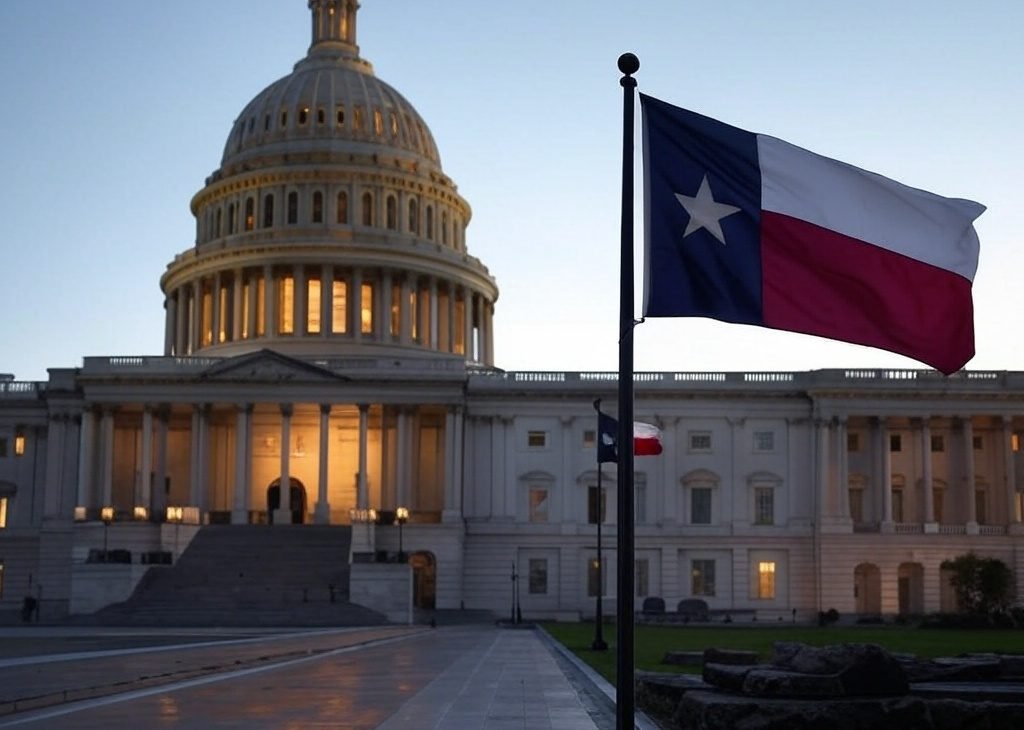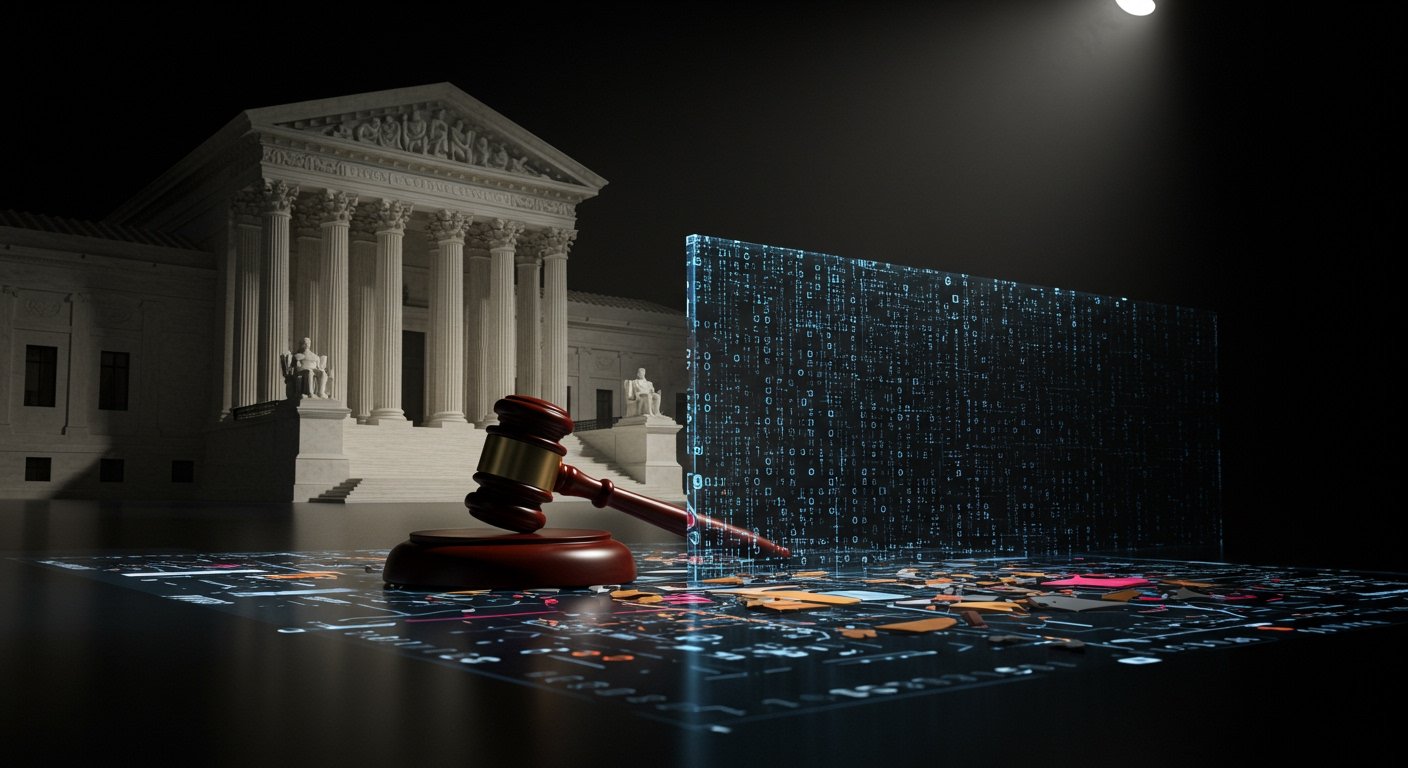Congressman Greg Casar Takes a Stand Against Elon Musk’s Influence on Government Spending
In the bustling corridors of Washington, D.C., a battle is brewing between U.S. Representative Greg Casar, D-Austin, and billionaire entrepreneur Elon Musk. As the chair of the Congressional Progressive Caucus, Casar has taken a strong stance against Musk’s involvement in government operations, particularly his influence over federal spending and workforce policies. This conflict has significant implications for both Texas and the federal government, raising questions about corporate power, public safety, and accountability in public service.
A Texas Showdown: Casar vs. Musk
Greg Casar, whose district encompasses Musk’s sprawling Giga Texas factory, has used his platform to publicly condemn Musk’s initiatives aimed at shrinking the federal government. “We’re not going to quit until he’s fired,” Casar declared in an interview with The Texas Tribune, making clear his intent to challenge Musk’s influence at the highest levels of government.
Musk, leading a project during the Trump administration known as the Department of Government Efficiency (DOGE), has advocated for substantial cuts in the federal workforce and government spending. “If we don’t do this, America will go bankrupt,” Musk argued during a cabinet meeting, a statement that has garnered significant backlash, particularly from progressive lawmakers like Casar.
The Controversy Surrounding DOGE
While DOGE claims to have saved the federal government $105 billion by reducing the workforce and canceling contracts, this figure has been met with skepticism. Critics argue that such sweeping cuts could undermine essential services and jeopardize the livelihoods of countless federal employees. Casar’s scrutiny of Musk predates his congressional career; as a member of the Austin City Council, he was vocal about the challenges posed by the Tesla factory, particularly regarding worker safety and fair compensation.
Worker Rights and Safety Concerns
The opening of Giga Texas in April 2022, which produces the Cybertruck and Model Y, has not been without controversy. Reports of dangerous working conditions and wage theft have surfaced, prompting Casar to call for investigations by the Department of Labor. In a poignant letter to Scott Ketcham, a deputy assistant secretary of labor, Casar wrote, “An electrician’s death should not be ignored simply because the CEO at the top has lots of money and powerful connections.”
Despite the Department of Labor confirming the completion of its investigation, details surrounding the violations remain under wraps, and Tesla has contested the findings. The lack of transparency has only fueled Casar’s resolve to hold Musk accountable.
Political Maneuvering and Messaging
As the leader of the Congressional Progressive Caucus, Casar has shifted the focus of the caucus’s messaging to address Musk’s potential conflicts of interest and the implications of his policies. During a House Committee on Oversight hearing, he utilized the slogan “Fire Elon Musk,” highlighting the partisan divide over Musk’s role in government.
Republican committee chair Rep. James Comer, R-Kentucky, rebuffed Casar’s calls, arguing that Democrats missed the opportunity to summon Musk as a witness. Meanwhile, Rep. Marjorie Taylor Greene, R-Georgia, vehemently opposed Casar’s stance, claiming that “the American people love DOGE,” indicating the polarizing nature of this debate.
Broadening the Discourse on Corporate Influence
Casar’s efforts have not gone unnoticed. At a Capitol Hill news conference, fellow progressives echoed his sentiments, with Illinois Rep. Chuy García asserting, “Elon Musk has got to go.” The urgency surrounding this issue has resonated across the political spectrum, as progressives rally to challenge Musk’s influence on federal policy-making.
Rep. Becca Balint, D-Vermont, emphasized the necessity of speaking out against Musk, stating, “This is a person who symbolizes all that is wrong with the system right now.” The concerns surrounding Musk’s access to sensitive financial information have amplified calls for scrutiny, as many lawmakers and constituents express unease regarding the implications of corporate power in government.
Addressing Concerns Over Government Efficiency
In light of the growing tensions, Casar has suggested multiple avenues to exert pressure on Musk, including legal requirements from Congress and public advocacy. The White House has attempted to downplay Musk’s role in the DOGE initiative, clarifying that he serves as an adviser rather than a federal employee. However, Casar has voiced concerns about the potential for preferential treatment that Musk’s companies may receive as a result of his connections.
“The federal government should be giving contracts to companies based on their performance and based on taxpayers’ needs, not based on how powerful the man is that leads those companies,” Casar asserted, underscoring the need for equitable practices in government contracting.
Concluding Thoughts: A Call for Accountability
The ongoing conflict between Representative Greg Casar and Elon Musk serves as a microcosm of the larger debate surrounding corporate influence in government. As Casar continues to advocate for worker rights and accountability, he raises critical questions about the relationship between business leaders and public policy. The implications of this discourse extend far beyond Texas, impacting the national conversation on government efficiency, corporate responsibility, and the future of democracy in America.
As the 2024 elections approach, the stakes are high. With rising concerns about the integrity of government operations and the safety of workers, Casar’s messages resonate with a growing number of Americans who demand accountability from those in power. Whether or not Casar’s efforts will lead to substantial changes remains to be seen, but his commitment to standing up against powerful figures like Musk signals a renewed focus on the importance of representing working people in the halls of Congress.






